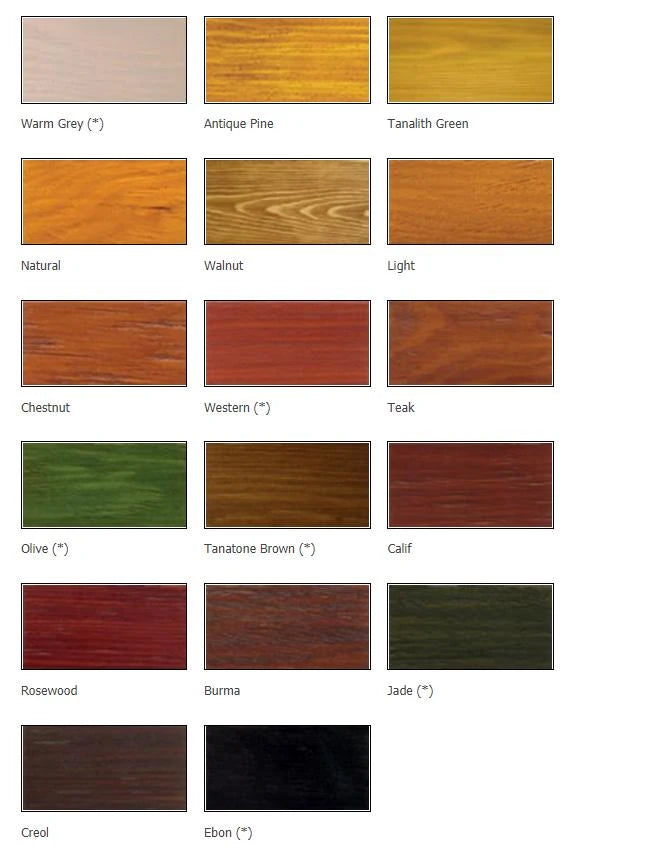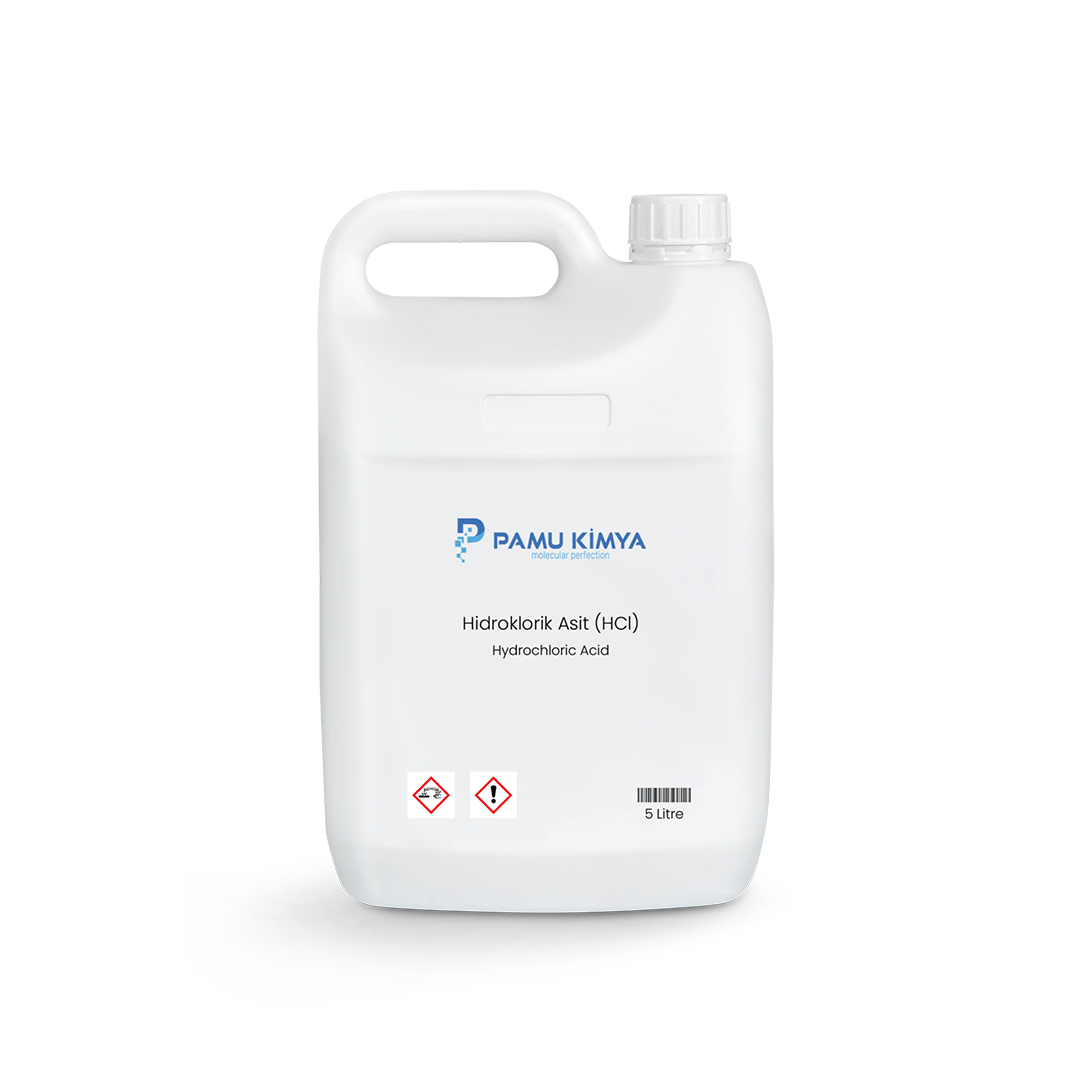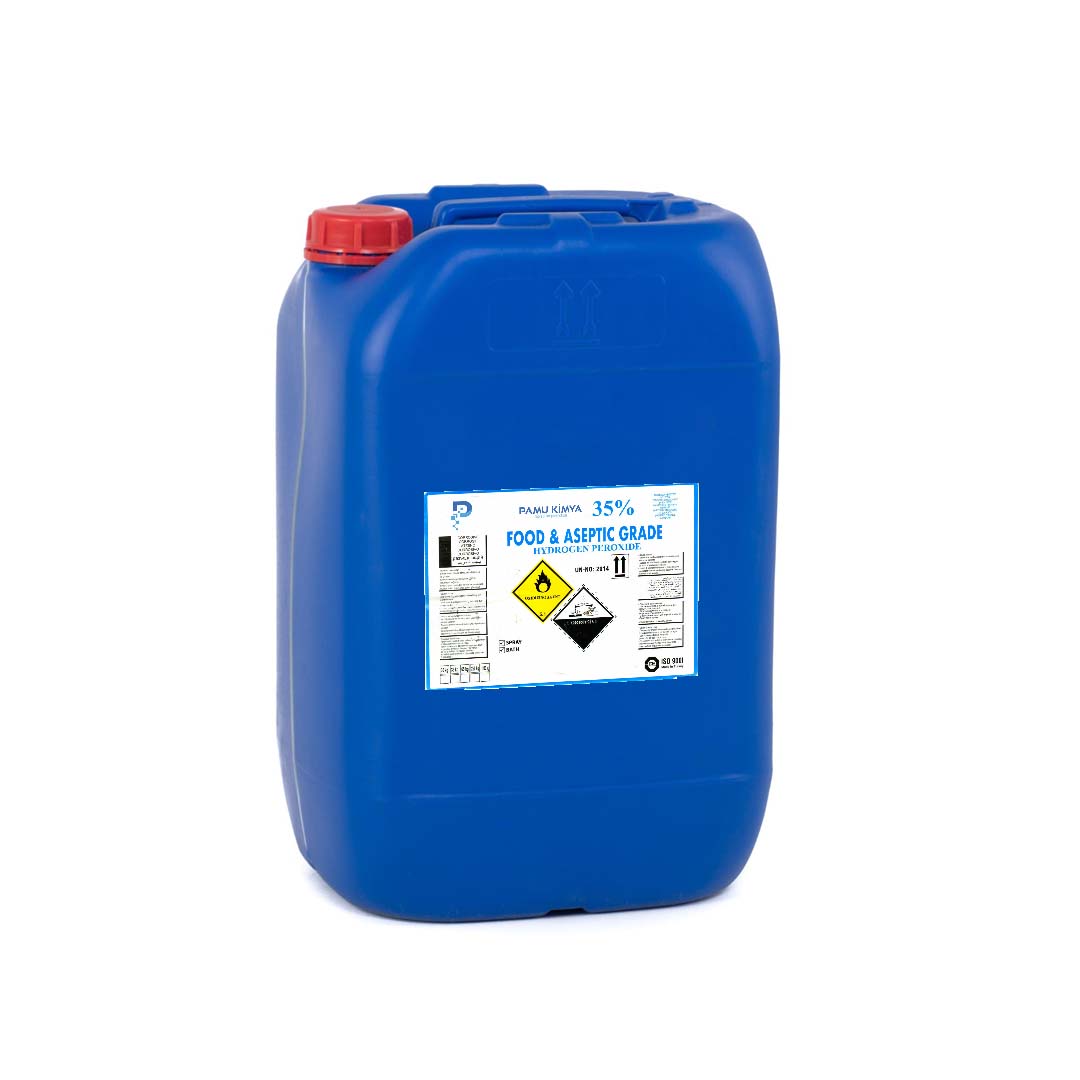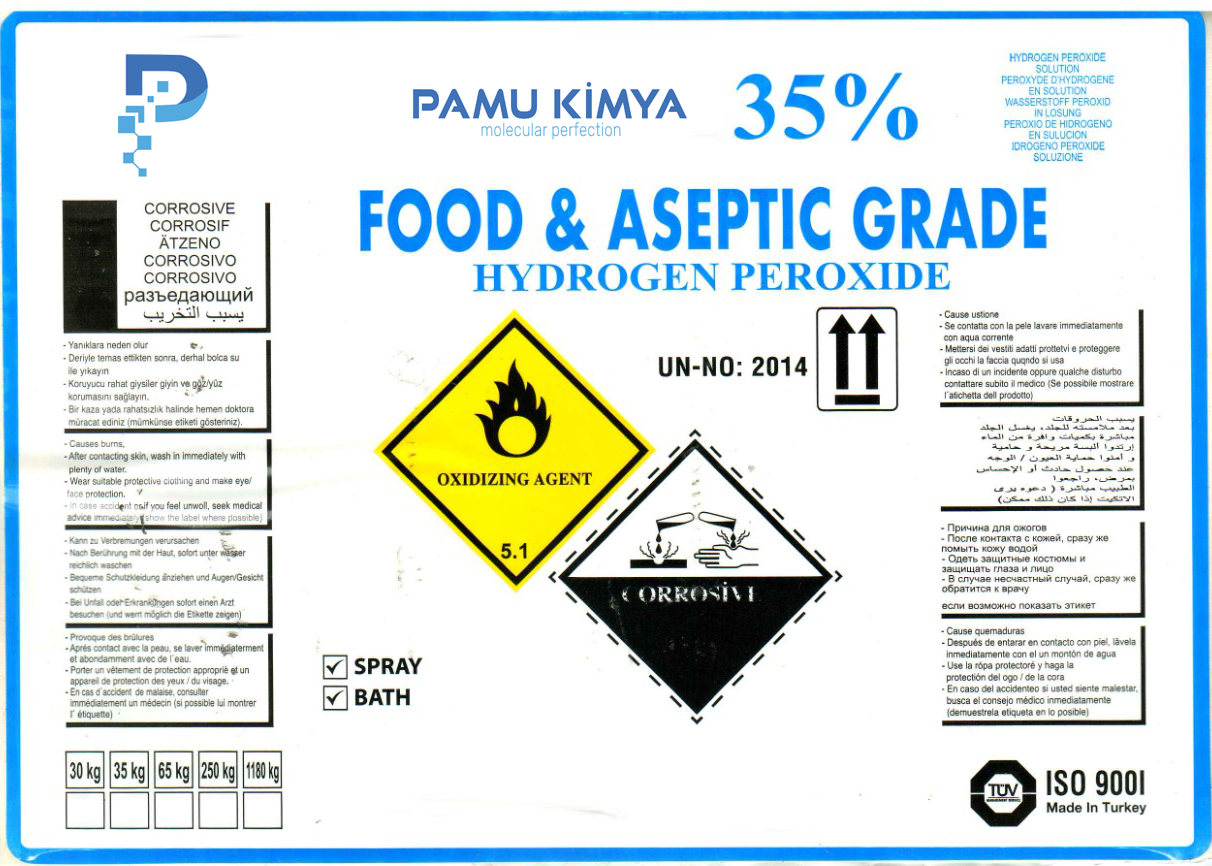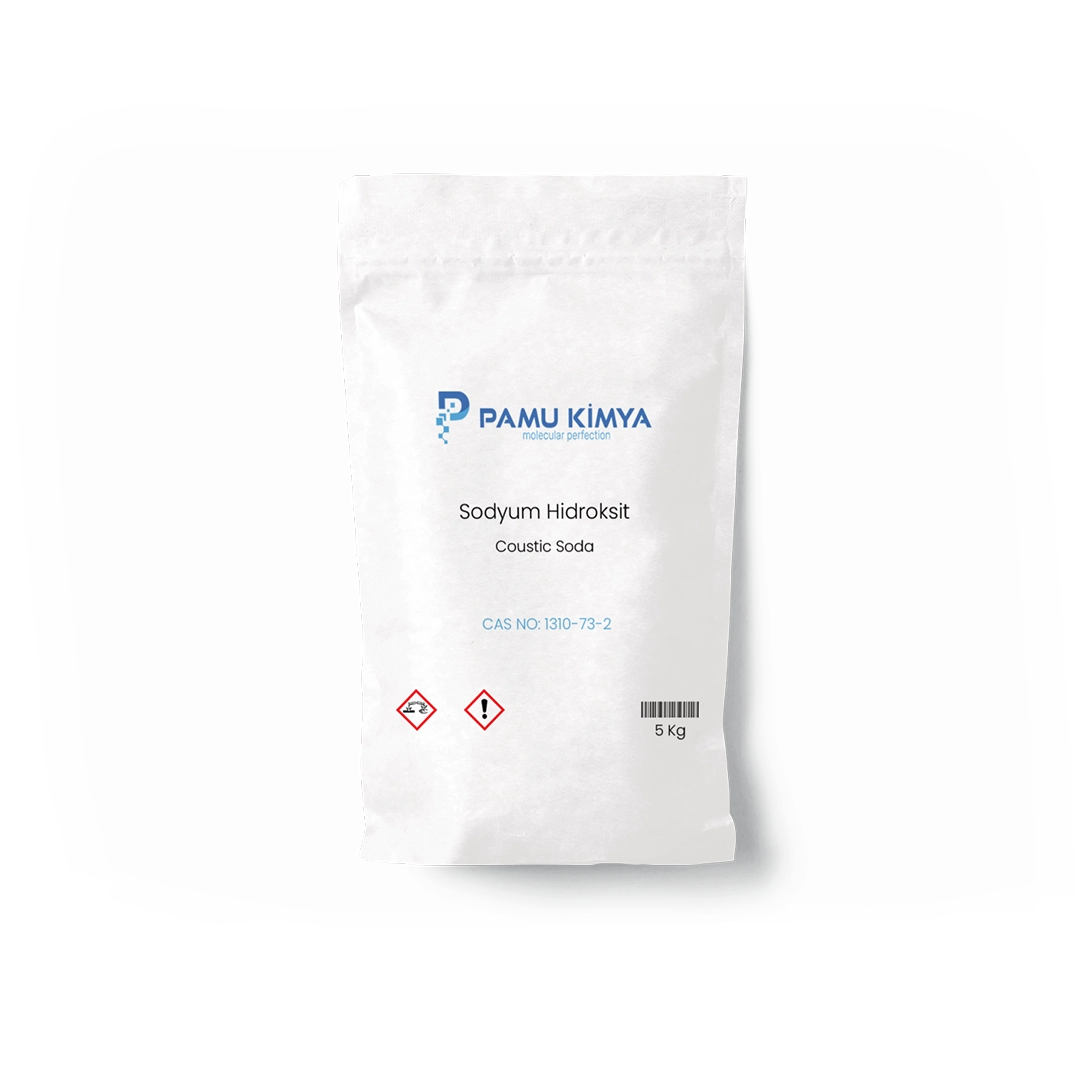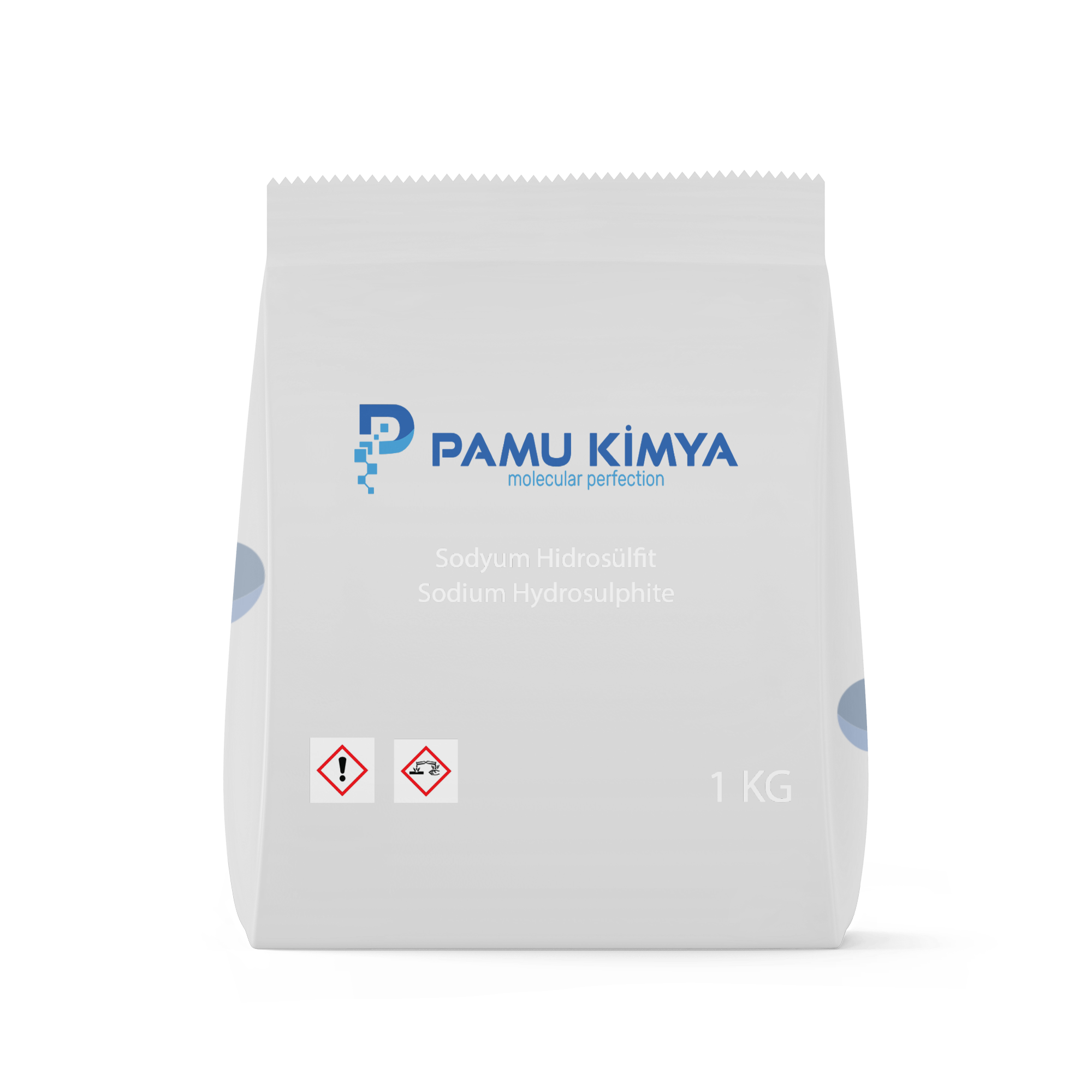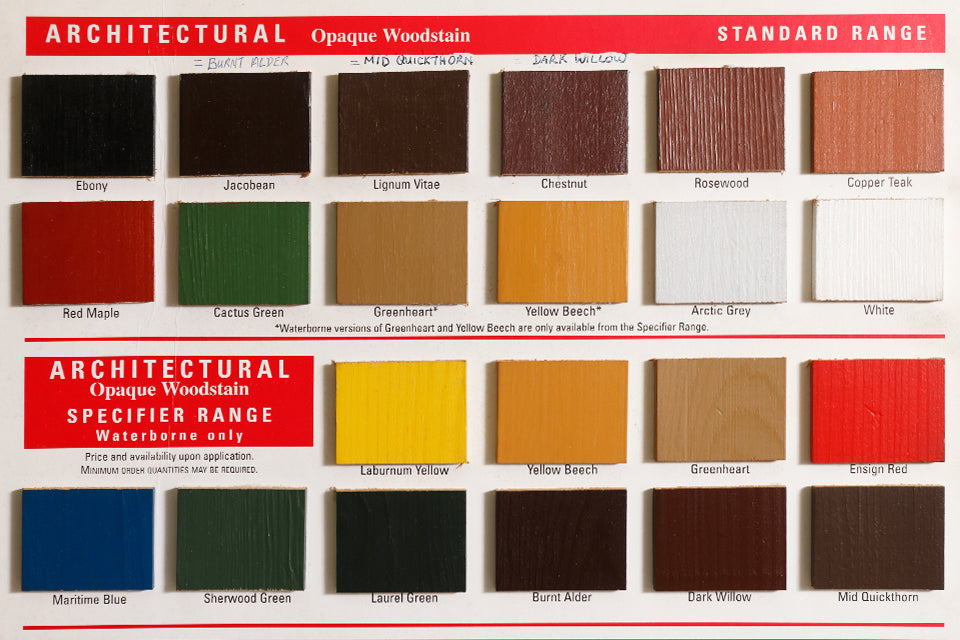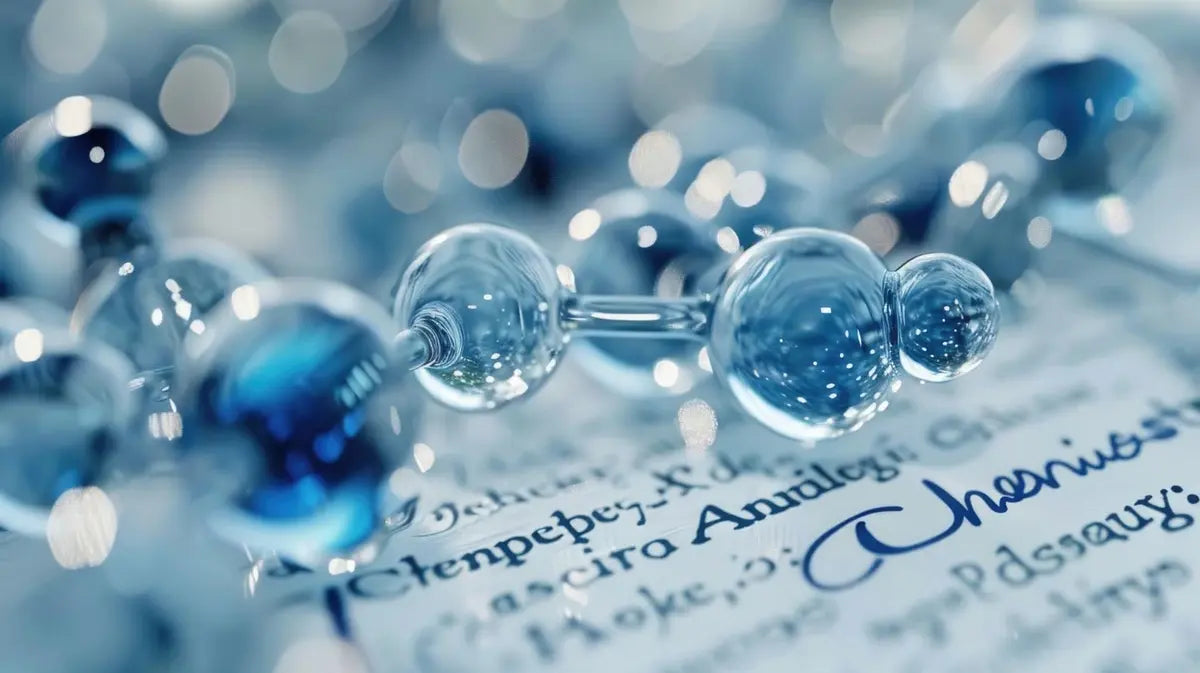Article: Chemistry Today
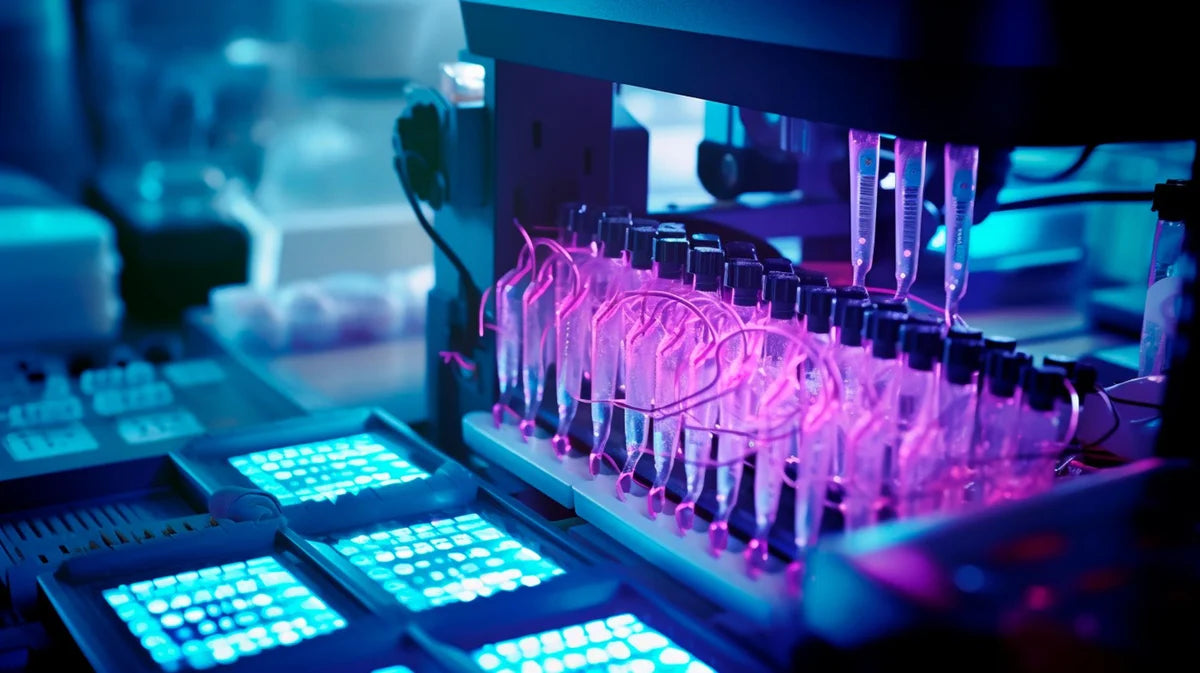
Chemistry Today
The reason chemistry touches everything we do is that almost everything that exists can be broken down into its chemical building blocks.
The main building blocks of chemistry are chemical elements, which are substances made of a single atom. Each chemical is unique, consisting of a specific number of protons, neutrons, and electrons, and is identified by a chemical symbol, such as "C" for carbon. The elements that scientists have discovered so far are listed on the periodic table of elements and include both naturally occurring elements, such as carbon, hydrogen, and oxygen, and man-made ones, such as Lawrencium.
Chemical elements can bond together to form substances composed of more than one element, such as carbon dioxide (consisting of one carbon atom bonded to two oxygen atoms), or chemical compounds, which are multiple atoms of a single element, such as oxygen gas. These chemical compounds can then bond with other compounds or elements to form countless other substances and materials.
Chemistry is a branch of science that investigates and applies the structure, properties, combinations, interactions, and reactions of matter. In a more comprehensive sense, chemistry deals with the properties of matter, their classification, atoms, chemical compounds, reactions, states of matter, intermolecular forces, etc. The most important branches of chemistry include analytical chemistry, inorganic chemistry, organic chemistry, physical chemistry, and biochemistry.


